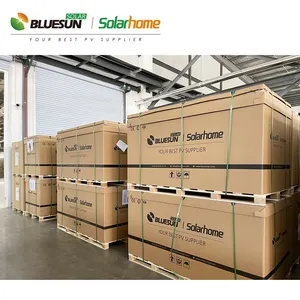
Glory Solar Folding 15W Solar Cells Charger 5V 1.16A USB Output Devices Portable Solar Panels For Smartphones


Solar Panel 200w 300w Placas Solares 20 30 40 50 60 70 80 90 100 Watt Solar PV Panel Price From China
















The solar cell price is a critical factor for businesses and homeowners considering a shift to renewable energy. Solar cells, the building blocks of solar panels, convert sunlight into electricity, offering a sustainable power source. The cost of these cells is influenced by various factors, including material quality, efficiency, and technological advancements.
Solar cells come in different types, such as monocrystalline and polycrystalline, each with unique features and efficiency levels. These cells are integral to the assembly of photovoltaic panels, which have applications ranging from residential solar systems to large-scale commercial energy projects. The versatility of solar technology means that the price of solar panel for home use can vary widely based on the specific needs and scale of the installation.
The materials used in solar cells, primarily silicon, play a significant role in their performance and cost. Monocrystalline silicon cells, known for their high efficiency, often come with a higher solar panel cost. In contrast, polycrystalline silicon cells offer a more affordable option with slightly lower efficiency. The choice between these materials can significantly impact the cost of home solar panel systems.
Investing in solar cells can lead to long-term energy savings. Despite the initial solar panel installation cost, the reduction in utility bills and the low maintenance costs make solar cells a financially viable option over time. Additionally, solar cells contribute to a smaller carbon footprint, aligning with global sustainability goals.
When evaluating solar pv panels price, it's essential to consider the efficiency and capacity of the panels. Higher efficiency panels can generate more electricity and may offer better value in the long run, despite a higher upfront pv panels cost. The capacity of the solar panels should align with the energy requirements of the property to ensure optimal savings.
Selecting the right solar cells involves balancing the solar panels and cost. Factors such as geographical location, available sunlight, and energy needs should guide the decision. While the solar power panel price is an important consideration, the overall benefits of switching to solar should be the primary focus.